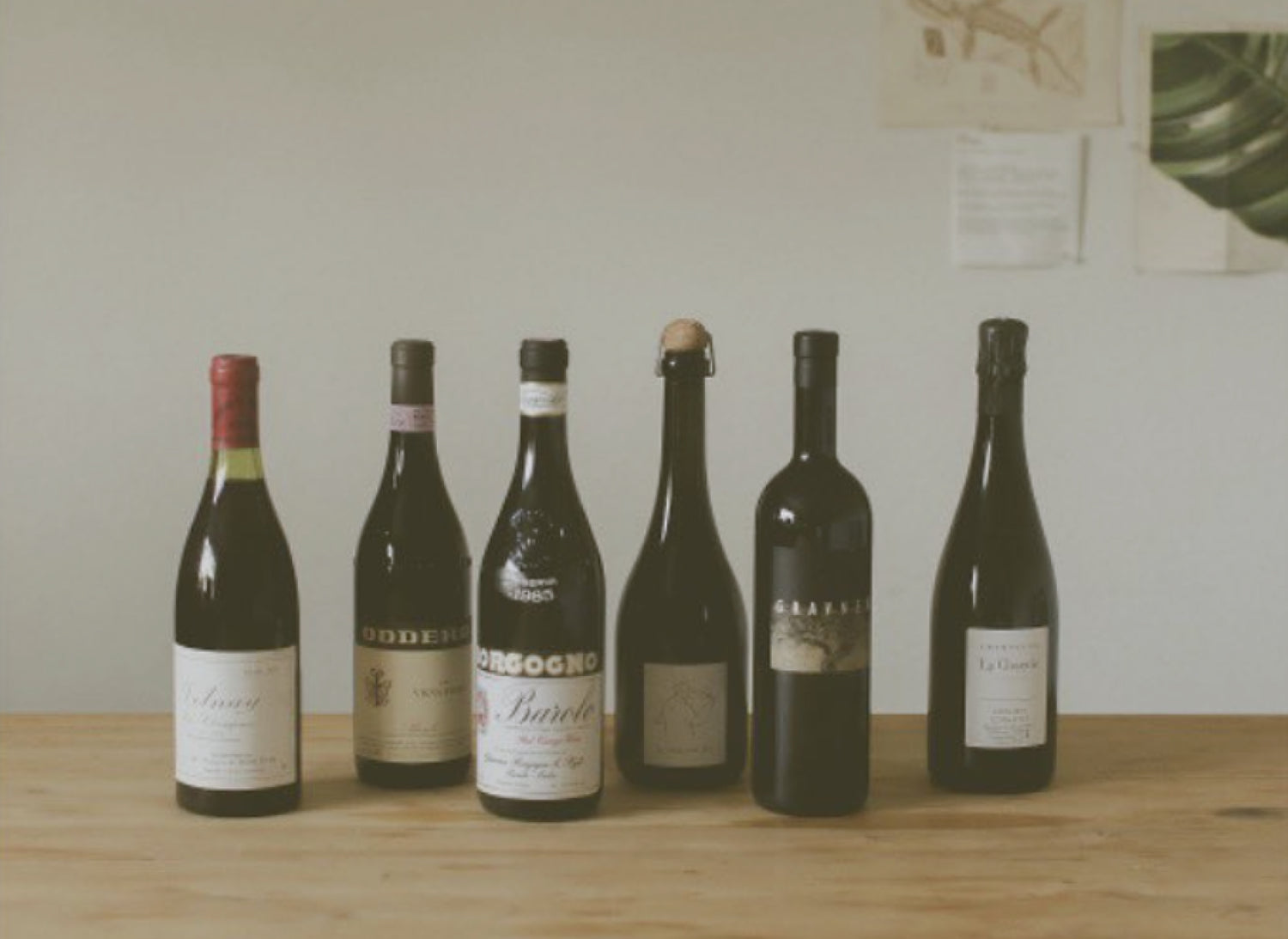In the storied vineyards of the Rheingau, Alexander Schregel is forging his own path—one that honors tradition while boldly defying it. Raised in the vines and trained at Geisenheim, he cut his teeth managing 130 hectares at Josef Leitz before staking his claim on just 1.5 hectares in Rüdesheim’s most revered sites. He farms organically and biodynamically, harvesting by hand and letting each vintage speak for itself. In the cellar, he rejects rigid German winemaking conventions—allowing spontaneous fermentations, embracing natural fluctuations, and foregoing fining and filtration. The result? Rieslings and spätburgunders that pulse with energy, texture, and purity.
Schregel’s wines challenge expectations—so much so that German authorities refused to grant them Qualitätswein status, dismissing their hazy, unfiltered appearance. His response? A label where vineyard names are crossed out—both a quiet protest and a badge of independence. “I want to taste these wines when I’m old and have them speak to me,” he says. They will. They already do.
Perched between Schlossberg and Drachenstein in the Rheingau, Berg Roseneck is a quartzite-laden slope named for the wild rose hedges that cling to its rocky outcrops. Here, Schregel’s riesling takes on a striking tension—mineral, linear, and humming with quiet intensity. Whole clusters are directly pressed, fermented on ambient yeasts, and aged on the lees for ten months in stainless steel. Malolactic conversion rarely occurs, thanks to the wine’s naturally sharp acidity, and no fining or filtration dulls its raw precision. A whisper of sulfur before bottling is the only concession to control, allowing the terroir’s crystalline character to shine through, uncompromised and alive.

